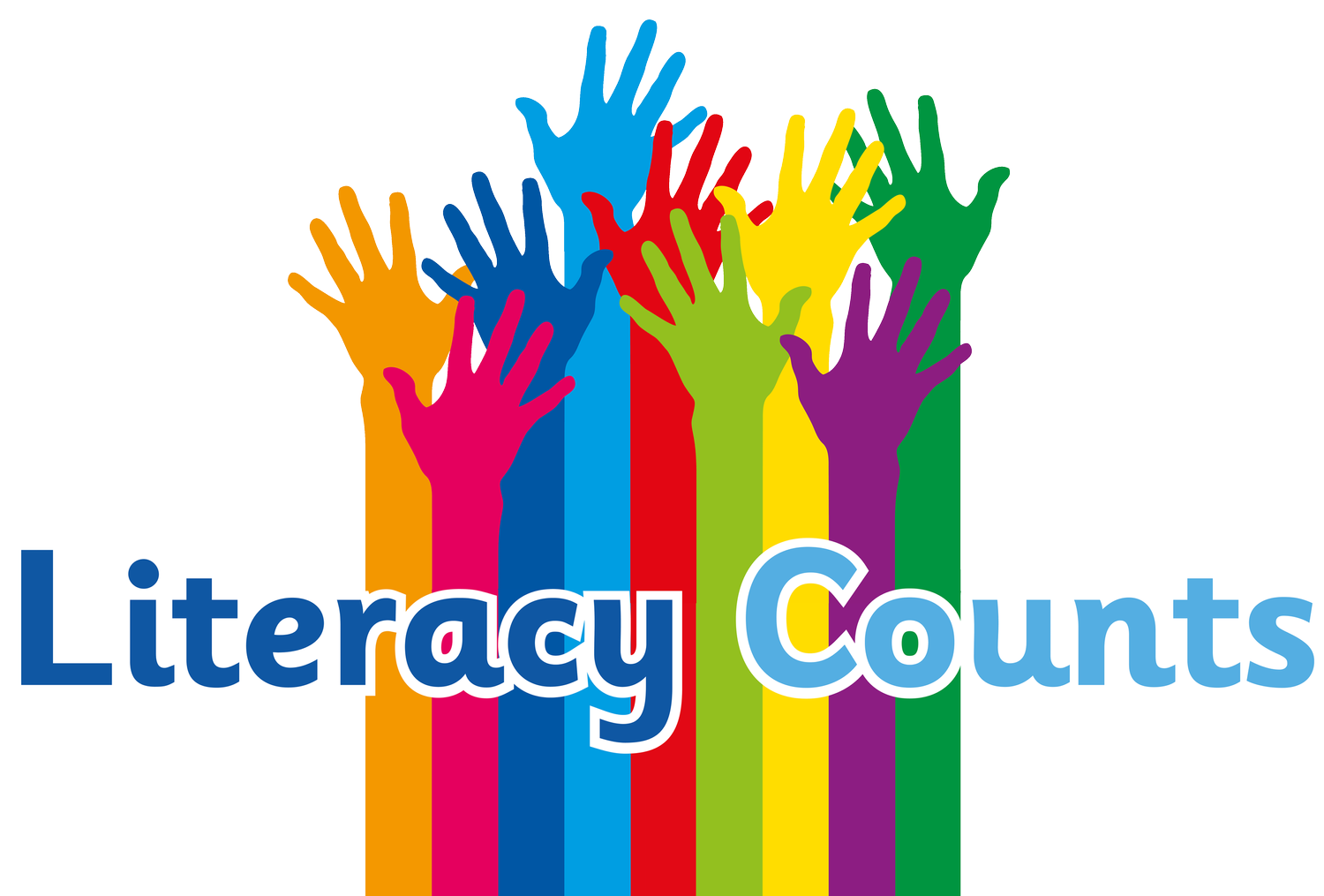The Power of a Progressive Spoken Language Curriculum
A focus on the development of children’s spoken language skills is imperative at this moment in time. As Dr Stuart Lawrence rightly notes, “Improving children’s oracy skills can boost their academic performance and confidence, leading to a more positive outlook on life, raised aspirations, and a greater willingness to contribute to the lives of those around them.” The Education Endowment Foundation (EEF) further supports this view, concluding that “Using oracy in the classroom was found to be especially beneficial for the development of children from disadvantaged communities.” Yet, despite this evidence, planning for a robust and progressive spoken language curriculum is fraught with difficulties.
At a leadership level, schools face several challenges. The National Curriculum lacks a clear progression pathway for spoken language, making it difficult to scaffold and assess pupils’ skills effectively as they advance. Additionally, speaking and listening skills are often not explicitly planned for or taught, leading to a lack of systematic development in these critical areas. Limited training and resources for teachers, combined with the emphasis on written assessments, frequently mean speaking skills are overlooked. To support students’ communication skills, schools need structured, intentional approaches to teaching spoken language across the curriculum.
Our new Spoken Language Progression Document is designed to meet these challenges, empowering children to become confident, articulate communicators. This essential tool translates National Curriculum requirements into actionable practice, clarifying expectations from EYFS through to Year 6. Offering structured progression for each aspect of spoken language, with specific examples of learning opportunities for each year group, this resource ensures children engage in meaningful, context-rich speaking and listening activities. Supported by talk frames and objectives in child-friendly language, our progression document takes a cross-curricular approach, reinforcing oracy's role across subjects and promoting a school-wide understanding of its importance.
For English Subject Leads and school leaders, the document provides valuable guidance to assess spoken language proficiency, identify next steps, and integrate oracy effectively to support reading and writing development. This resource is a powerful tool to help address gaps in communication skills, which is especially important for supporting children from disadvantaged backgrounds.
To celebrate the launch of our Spoken Language Progression Document, we are offering a FREE 45 minute webinar:
Free Webinar: Spoken Language Guidance
Date: Thursday, 21st November
Time: 3.45pm
Audience: Class Teachers, English Subject Leads, SLT, Headteachers & Governors
Venue: Zoom
Price: FREE
Registration Link: Free Webinar - Spoken Language Guidance
Are you a primary school looking to enhance spoken language provision in your English curriculum? Do you want to teach the conventions of spoken language so that your pupils can confidently speak in a range of contexts? This FREE webinar will provide guidance on ways to create an explicit curriculum for developing spoken language.
If you wish to purchase the document, you can find more details here.



